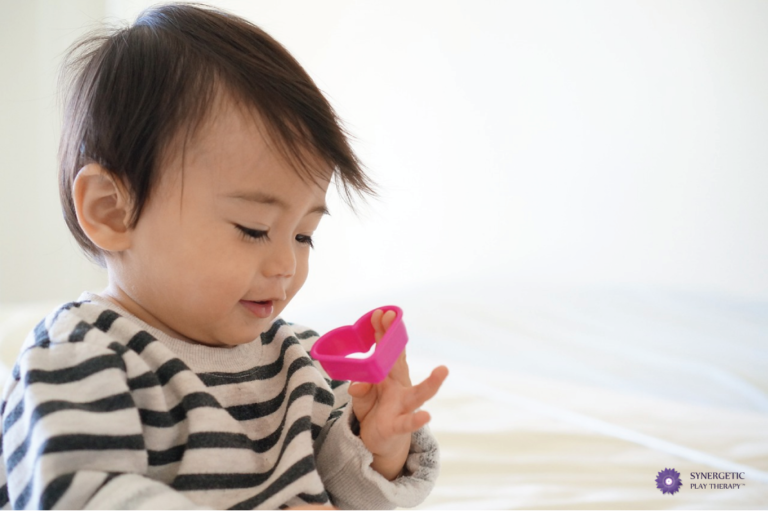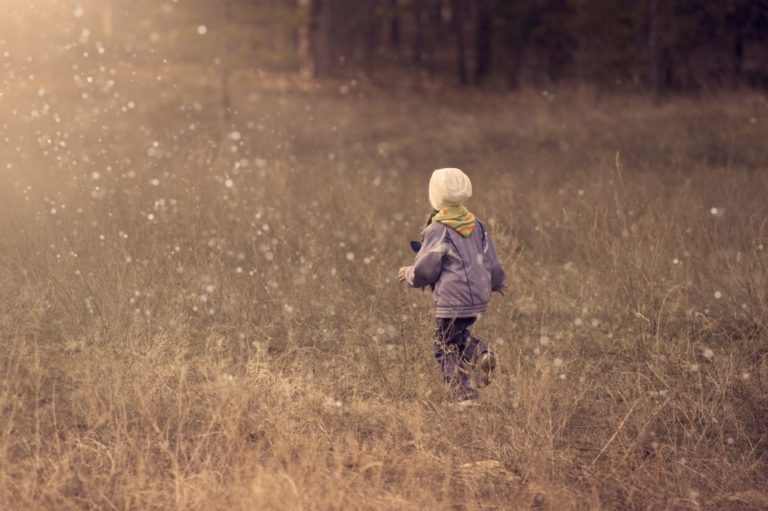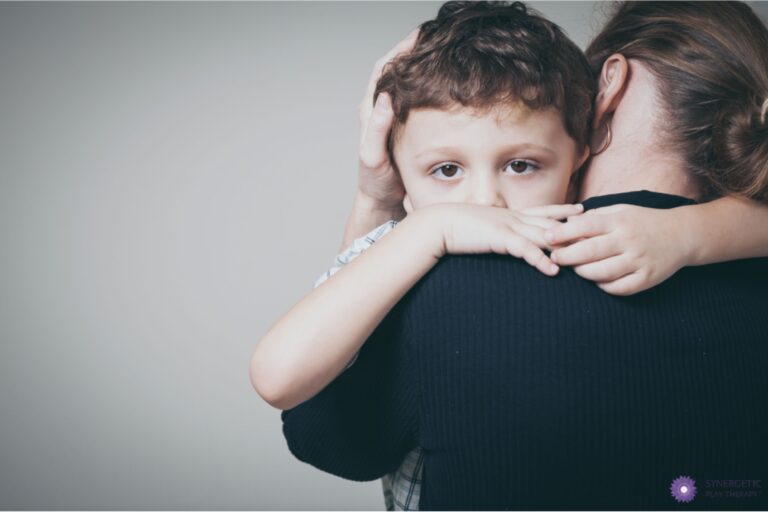By Lisa Dion, LPC, RPT-S
From Barbies to GI Joe to toys that make lots of noise, playtime may seem like, well, play. And, of course, it is. Even so, the word “play” can be a bit misleading – it tends to undermine the importance of running, jumping, and slaying pretend dragons. In truth, play should never be devalued – what looks like play to the adult eye means so much more from a child’s perspective (not to mention a neurobiological one too!).
So, what can parents learn from the play? Perhaps more than you realize. And this includes:
Play teaches children how to learn: Play is usually discussed in direct opposition to education – there’s playtime and, on the other end of the spectrum, there’s school. But – through play – children learn how to learn. Why? Because that play helps them develop cognitive skills, hone motor skills, and adopt literacy skills. It also helps them practice their social skills and experience a new vocabulary. And don’t forget about imagination – play provides the building blocks for creativity (including problem-solving).
Play reduces stress: Any emotion an adult feels a child can feel too. This includes stress! Some children are obvious in their anxiety – they act out or show signs of panic. Others are hypoactive and harder to dissect. Regardless, play helps all kinds of kids with all kinds of stress. It provides an outlet for worries. And, yes, it works for grownups too. This is why adult kickball leagues are a thing!
Play is intertwined with school: As mentioned above, play is often talked about as though it’s the anti-school, but this isn’t accurate. Play is actually the Robin to school’s Batman – the two go hand in hand. Play provides a boost to education and sets kids up for academic success.
Play can be a free-for-all: As parents, it’s easy to want to provide structure for our children. In some cases, this is a must: we teach them not to go with strangers and to look both ways before they cross the street. But play doesn’t need a game plan – it can come naturally. Create time for your child to play and see what they dream up. You might be amazed.
Outdoor play is essential: From skinned knees to sunburnt noses, playing outside has always been a rite of childhood. However, as technology has grown, the great outdoors have waned. Still, playing outside is important for all kids. Not only does it allow them to exercise (which conditions body and mind), but it gives them other avenues upon which to mount their learning skills. A fort in the woods isn’t going to build itself; your child will have to get inventive.
Play is so much more than the word implies. As parents, this is an essential thing to remember. Just as we always say that every child deserves a play therapy experience, every child also deserves a play experience. In fact, thousands of them.
So, what exactly can parents learn from play? The answer: that it’s not optional.





